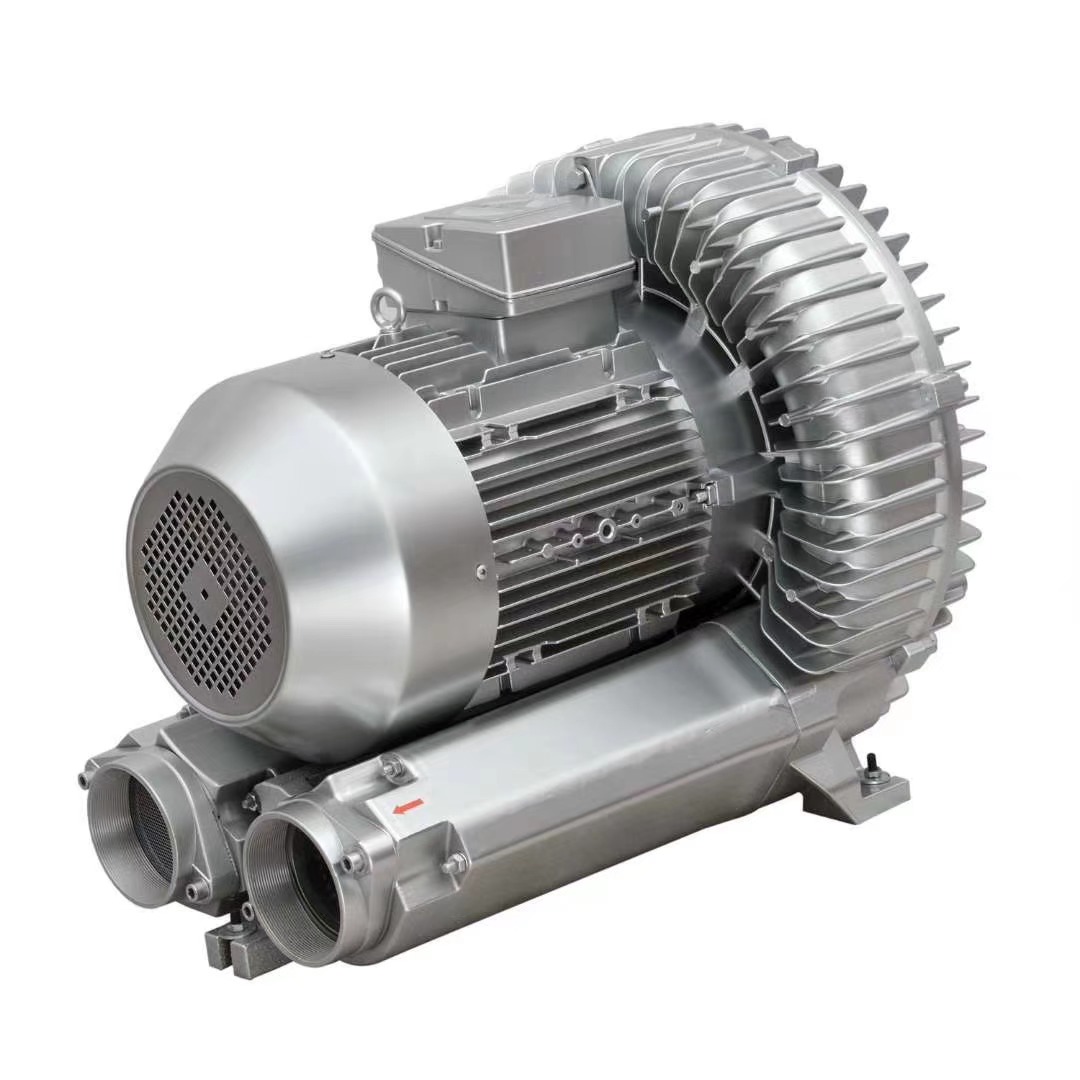- Home
- Products
- About Us
- Services & Support
- News
- Contact Us

A liquid dosing device, in its myriad forms and complexities, is far more than a simple pump; it is a vital instrument for precision control in a world that increasingly demands exactitude. From ensuring the safety of drinking water to perfecting the intricate formulations of life-saving medicines, its role is indispensable. The foundational principles of positive displacement, whether through peristaltic tubes, flexing diaphragms, reciprocating pistons, or rotating gears, provide the accuracy that defines these devices. Understanding their components, discerning the appropriate type for specific applications, and adhering to rigorous installation and maintenance protocols are all essential for maximizing their profound impact.

### Introduction The high-pressure vortex blower, also commonly referred to as a regenerative blower, side channel blower, or ring blower, represents a crucial piece of industrial equipment designed to provide substantial airflow at elevated pressures. Unlike centrifugal blowers that primarily fo

The landscape of industrial air handling has been revolutionized by advancements in blower technology, with the Air Suspension Centrifugal Blower emerging as a pinnacle of innovation. This sophisticated machinery represents a significant leap forward from conventional blowers, primarily due to its integration of air foil bearings and high-speed permanent magnet synchronous motors. Unlike traditional blowers that rely on oil lubrication and mechanical bearings, air suspension centrifugal blowers leverage a cushion of air to support their rotating shaft, eliminating physical contact, friction, and the need for lubricants.

Low-temperature sludge dryers offer a sustainable approach to sludge management by efficiently reducing moisture content below 100°C. This technology provides substantial benefits including enhanced energy efficiency, reduced environmental footprint through lower emissions, improved dried product quality for beneficial reuse, and increased operational safety. Dried sludge finds applications in agriculture, energy recovery, and construction. Ongoing advancements in hybrid designs and intelligent control systems continue to overcome operational challenges, positioning low-temperature drying as a critical solution for future circular economy initiatives and compliant waste valorization.

Wastewater management is a critical aspect of modern infrastructure, essential for public health, environmental protection, and sustainable urban development. Integrated wastewater pumping stations represent a significant advancement in this field, offering efficient, reliable, and often more comp

The screw conveyor, a testament to enduring engineering principles, remains a vital and highly effective solution for bulk material handling across nearly every industrial sector. Its ability to transport a wide range of materials in an enclosed, controlled, and often multi-functional manner solidifies its importance. From its ancient origins as the Archimedes' screw to its modern sophisticated designs, the helical conveyor continues to offer a blend of simplicity, reliability, and versatility that few other conveying technologies can match. By carefully considering material characteristics, capacity requirements, and environmental factors during design and adhering to best practices in operation and maintenance, screw conveyors will continue to serve as indispensable workhorses in the intricate dance of industrial logistics for generations to come.

The PAM dry powder dosing system is an indispensable piece of equipment in modern industrial and environmental engineering. By automating the precise preparation and delivery of Polyacrylamide solutions, these systems ensure optimal performance in critical solid-liquid separation processes, leading to improved effluent quality, enhanced resource recovery, and reduced operational costs. While challenges such as "fish eye" formation and polymer degradation must be carefully managed, the continuous advancements in system design and automation capabilities underscore the value and increasing sophistication of these essential chemical preparation units. Their role in promoting efficiency, safety, and consistency in chemical dosing makes them a cornerstone of effective wastewater treatment and industrial process optimization.

This article provides a detailed discussion of Rotating Biological Disc (RBC) technology in wastewater treatment, a highly efficient, attachment-growth biological process that degrades pollutants through a biofilm formed by microorganisms on a rotating medium. The article elaborates on its operating principles, key components, design considerations, operational advantages (such as simple operation, low energy consumption, and good effluent quality), and potential limitations. It also covers the applications of RBCs in municipal, industrial, and advanced treatment processes, and analyzes common operational challenges and corresponding solutions. Due to its robustness and reliability, RBC plays a vital role in the global wastewater treatment field.

This article explores air diffusers, essential components of HVAC systems that enhance indoor air quality and comfort. It covers various types of diffusers, their functions, benefits, installation considerations, and common issues. Understanding air diffusers can help improve energy efficiency and create a more comfortable living environment.